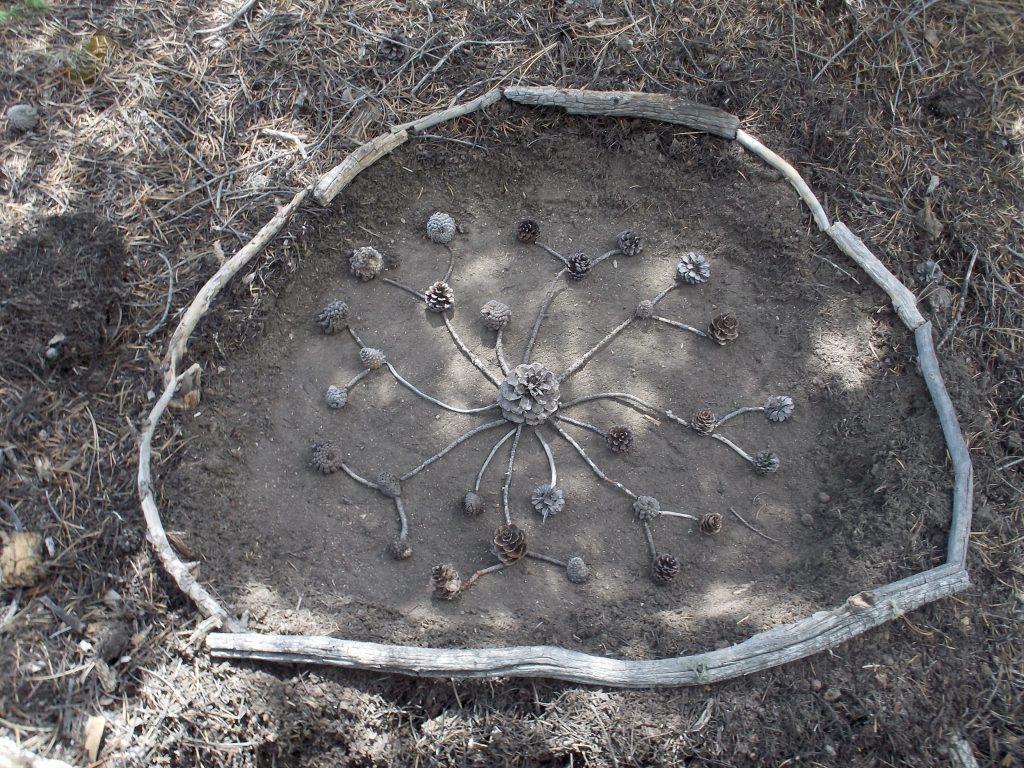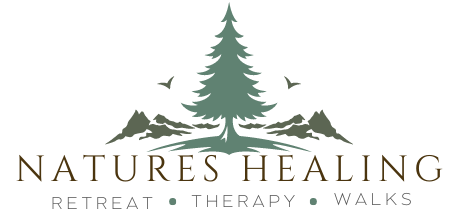What is a Nature or Forest Therapy Walk?
I think it’s important to first state what it is not. It is not your traditional hike or a guided naturalist tour. It is merely a gentle stroll through nature, slowly and calmly using all of our senses to explore the more than Human World.
It is designed from Forest bathing, or Shinrin-yoku in Japanese, which is a practice that involves immersing oneself in nature and mindfully engaging with the forest environment. Originating in Japan in the 1980s, forest bathing has gained popularity worldwide as a form of nature therapy and wellness practice.
Contrary to its name, forest bathing doesn’t involve traditional bathing. Instead, it’s about soaking in the atmosphere of the forest through all the senses. Participants engage in slow, deliberate movements and activities that encourage deep relaxation and connection with nature.
During a forest therapy walk, participants typically engage in activities such as:
Mindful walking: Slow, deliberate walking through the forest, paying close attention to each step and the sensations of the natural surroundings.
- Breathing exercises: Deep breathing exercises are often practiced to help relax the body, to leave our thinking minds and enter into our sensing body, while also taking in the fresh, oxygen-rich air of the forest.
- Sensory exploration: Participants are encouraged to engage all their senses—sight, hearing, smell, touch, and even taste—to fully experience the forest environment. This might involve observing the intricate patterns of tree bark, listening to the rustling of leaves, smelling the fragrance of wildflowers, feeling the texture of moss or tree bark, and even getting in touch with the heart sense.
- Meditation and reflection: Guided meditation sessions or periods of silent reflection are often incorporated into forest bathing experiences, allowing participants to deepen their connection with nature and themselves.
Numerous studies have shown that spending time in nature, particularly in forest environments, can have significant benefits for physical and mental health. Forest bathing has been associated with reduced stress levels, improved mood, enhanced immune function, and increased feelings of well-being.
Overall, forest bathing offers a gentle and accessible way for people to reconnect with nature, reduce stress, and cultivate a sense of peace and harmony in their lives.
We Are located in Murphy, North Carolina.
Near the Appalachian Trail and in The Nantahala National Forest

Nature does not judge, does not criticize, it accepts us how we are, it connects us all, we just have to open our hearts to it.
– Bobby Hurley
